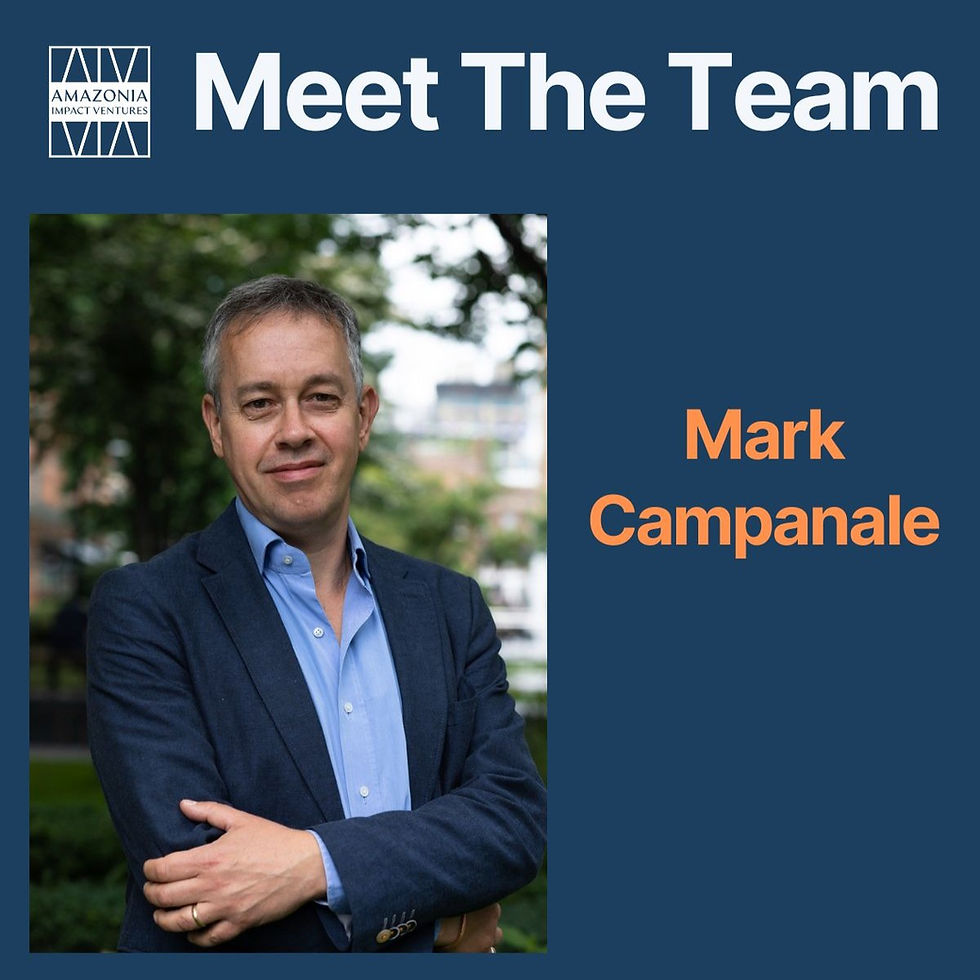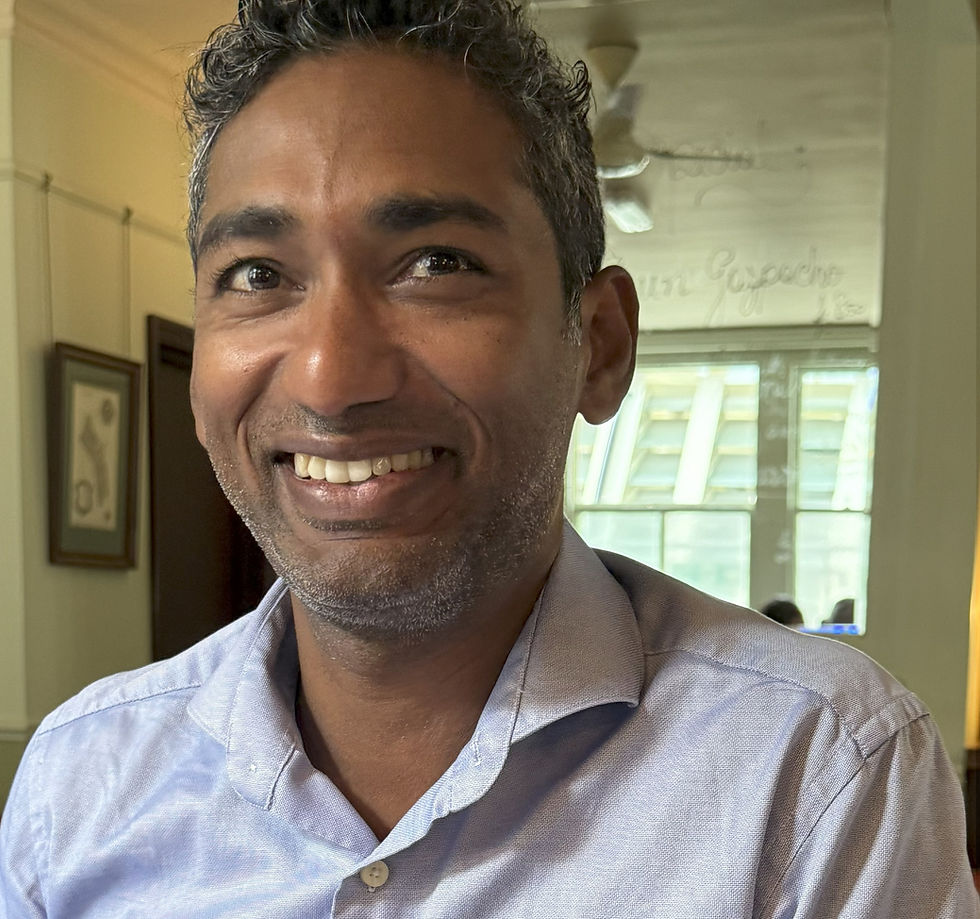Interview Shafia Abdala: Connecting Producers with Global Ethical Buyers
- Feb 14, 2025
- 3 min read
Friday, 14th February 2025
By Paula Perrelli dos Anjos
At Amazonia Impact Ventures (AIV), we prioritise the relationship with our cooperatives and our ability to understand their realities as a differential in the impact finance market. When we started writing about the recent trip of our AIV team to the peruvian Amazon rainforest, in Madre de Dios, we invited the Sustainability Manager of GoodSAM Foods, Shafia Abdala, to come along and visit the Brazil Nuts cooperatives. She showed deep interest in the reality of the harvesters, and that was the reason we dedicated a special feature here for an in-depth interview with her.
Shafia, first thank you so much for your disponibility to talk to us. What was your first impression when you witnessed the Brazil Nut Harvesters working?
Visiting the Brazil nut gatherers and witnessing the harvesting process is truly impressive. Apart from the manual labour involved, which is common to many crops, what makes this process so special is that it is not really a traditional crop, but wild harvested from hundred-year-old 60m-tall trees. There is no control over the distance between the trees, nor access roads, as they are located in the middle of the Amazon rainforest. All of this makes Brazil nut recollection a unique process.
Would you share with us the challenges you witnessed in the daily lives of the producers?
Yes, the physical effort and extreme conditions make Brazil nut harvesting one of the most arduous jobs in the food industry. I saw the lack of access roads, which makes it difficult to get to the harvesting areas. The collectors have to go deep into the forest for days in a wild native ecosystem where it is common to encounter snakes, insects and other animals. They not only collect the fruit but also have to break the coconuts in the middle of the jungle and transport them in 70 kg bags back to the communities.
What other problems have you noticed in the area?
It struck me immensely the contrast between a healthy jungle ecosystem, protected by Brazil nut collectors, and the devastation caused by illegal mining. As we walked through the jungle, we witnessed the devastation of this activity and how the collectors are fighting to stop deforestation and preserve the forest they care for. We became really aware of the impact that different industries have on the Earth, on the health of ecosystems and on the communities that depend on these nuts.
A product on the shelf of an international market is not just a food product; it can be a bridge to support and transform social realities that would otherwise be invisible. Choosing an organic and regenerative product is not only self-care but an action that drives change in the fight against climate change.
I know you approached the harvesters to learn about their lives, what did it strike you more?
Walking alongside the harvesters, visiting their communities and getting to know their crops was a comprehension exercise. They struggle to transport the nuts back to the community from the forest because of the lack of adequate roads. The produce has to be transported on foot, by river and then by motorbike, making the supply chain more expensive.
They live with an uncertainty of production, as they don’t know the amount of nuts that will be harvested each season. As these trees take more than 100 years to produce fruit, communities can't plant them to increase the supply available on the market.
I also noticed a lack of generational renewal, because collecting is hard work and, with poor access to education, many young people see illegal mining as a more attractive alternative, threatening the continuity of this traditional activity. Deforestation and climate change are big risks for production.
What is the vision of your company towards the future of food in South America?
At GoodSAM, we are working to build a sustainable and regenerative business model through food. Why food? Because food is essential to life. Regardless of culture, beliefs or geographical location, food is a fundamental pillar of humanity. For this reason, it is one of the most important industries and one of the industries that we need to transform the most from the ground up.
A visit to the source confirms that each product and each ecosystem has its challenges and ways of farming. But in each place we find something in common: people, farmers and foragers with a deep conviction to care for their forest because their livelihoods depend on them. These are resilient communities with invaluable wisdom and they invite us to work together for a more sustainable future.
What are the sales projections for Brazil Nuts in GoodSAM Foods?
In the year 2025, we are planning to sell five containers of Brazil Nuts, each one weighing 16.000 KG of produce.
#EthicalPartnerships #GoodSAMFoods #SustainableAmazon #BrazilNuts #Deforestation #SacredFood #PassionForNuts






Comments